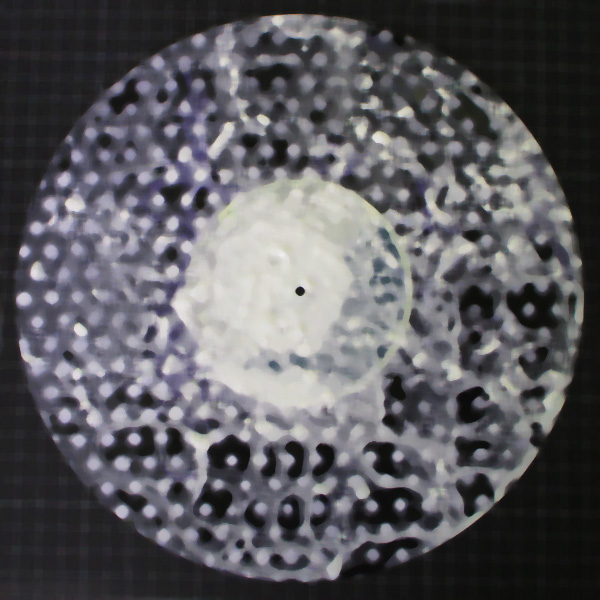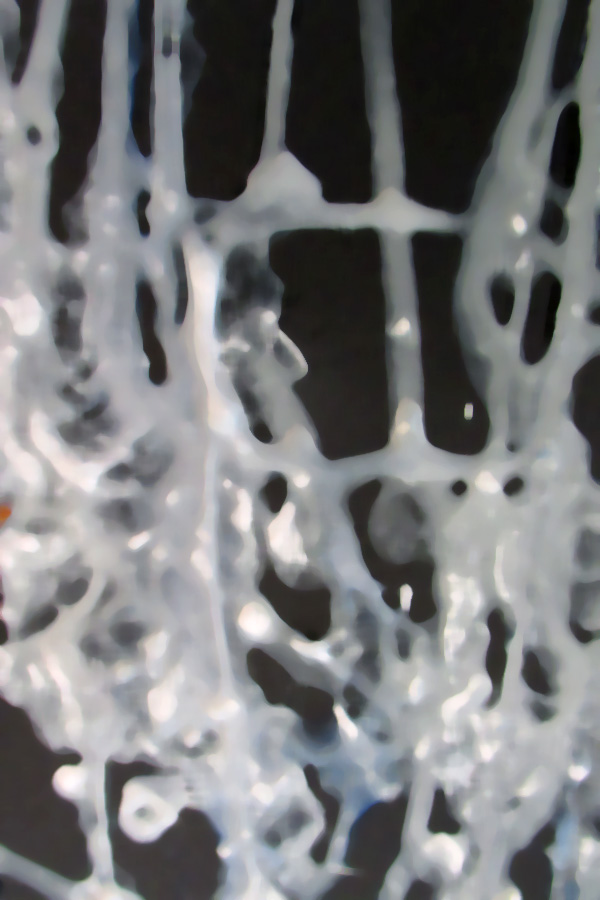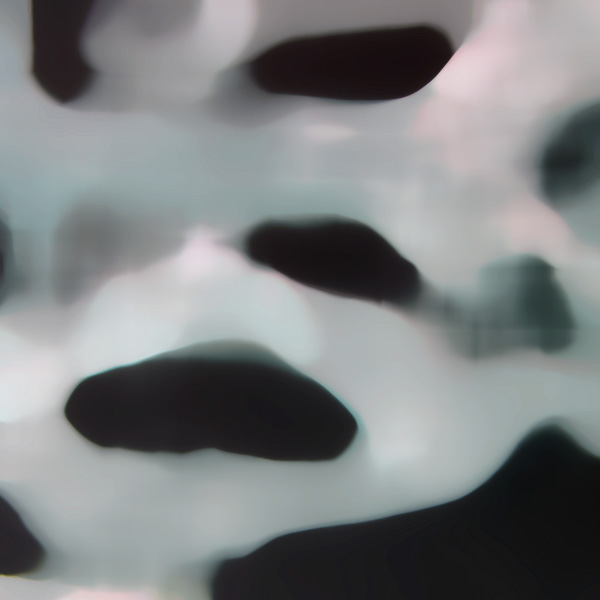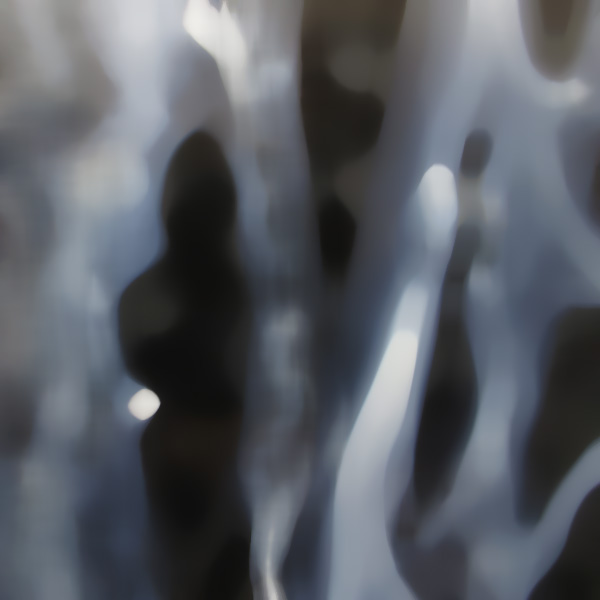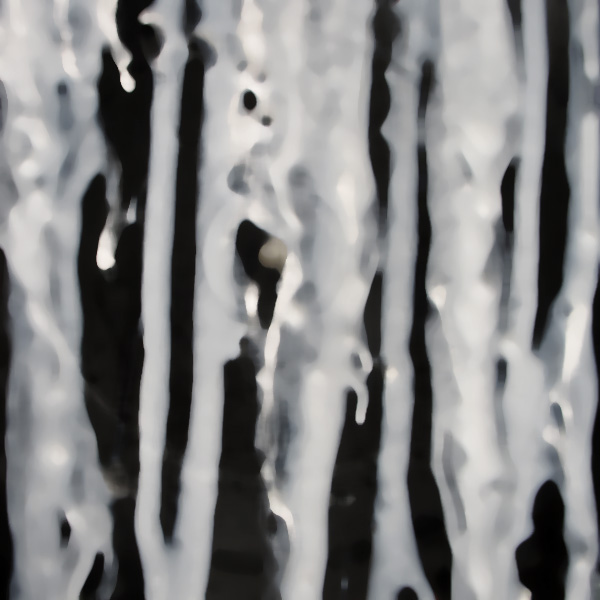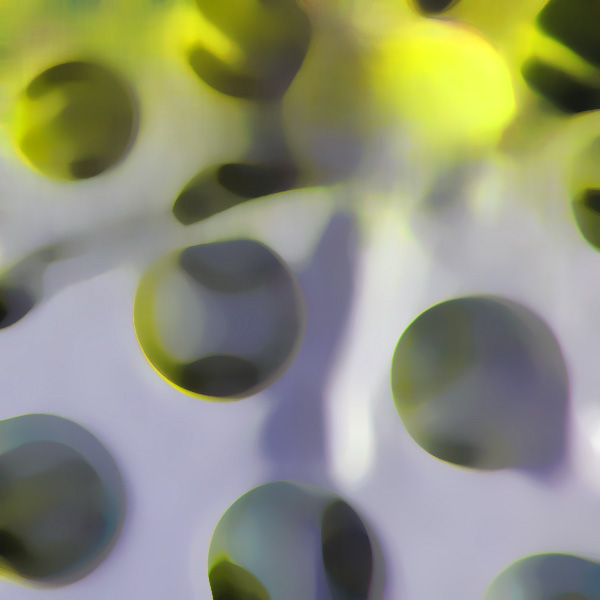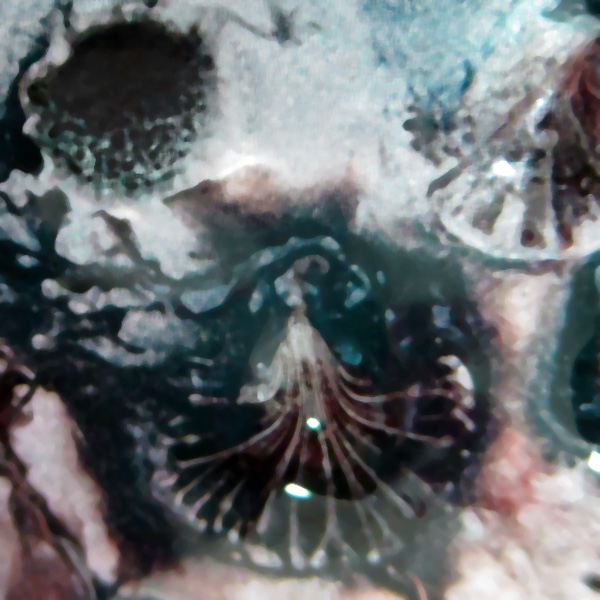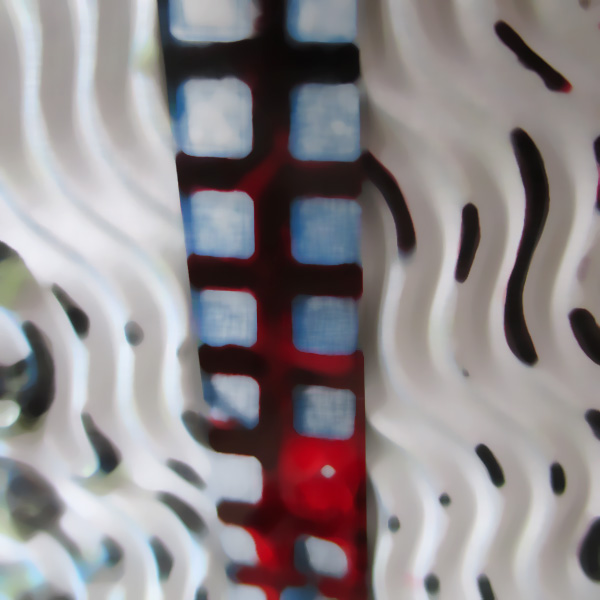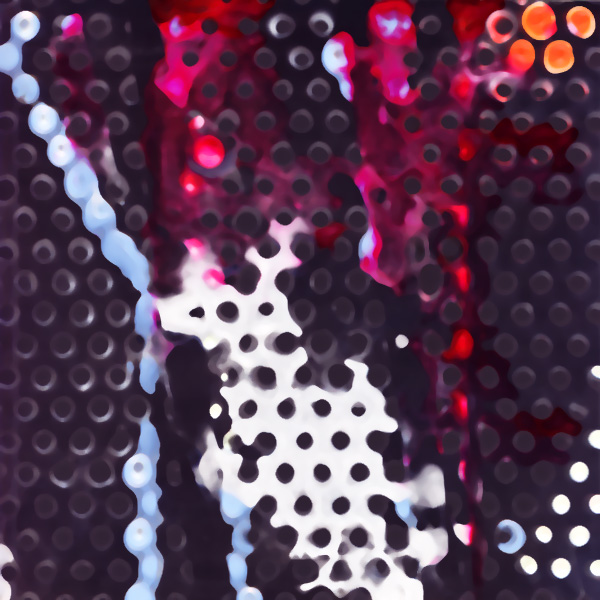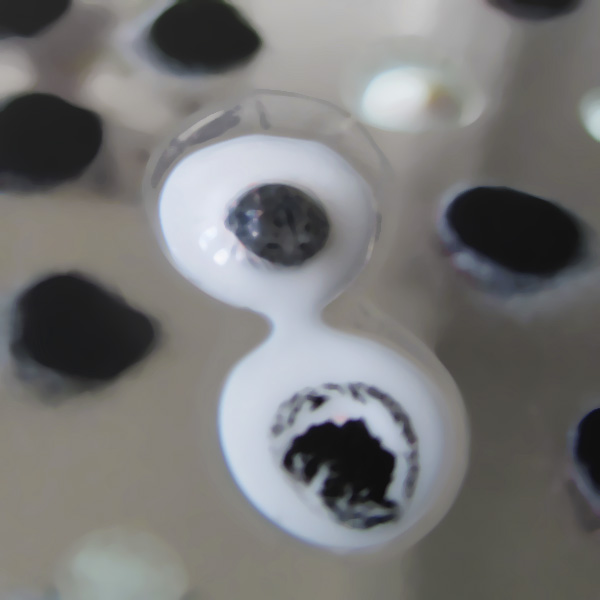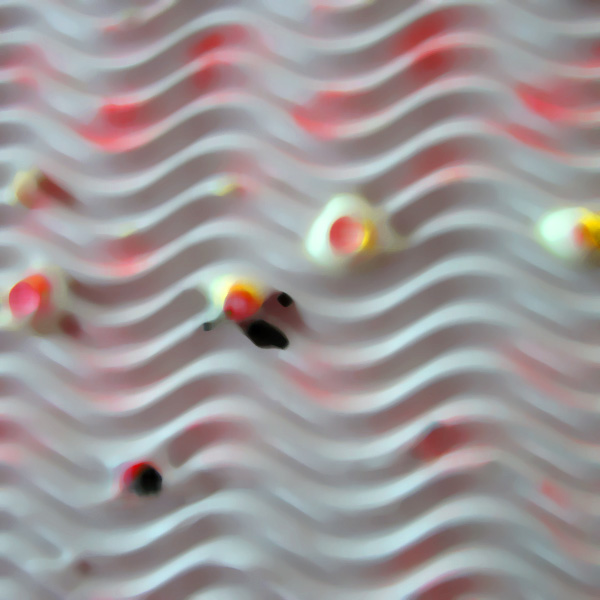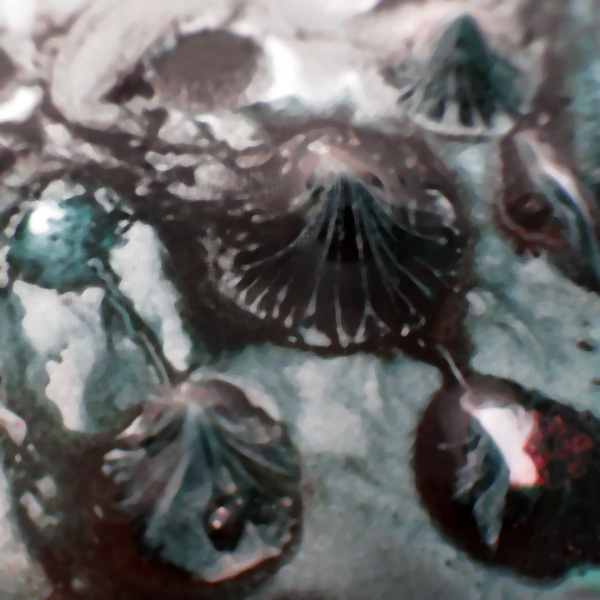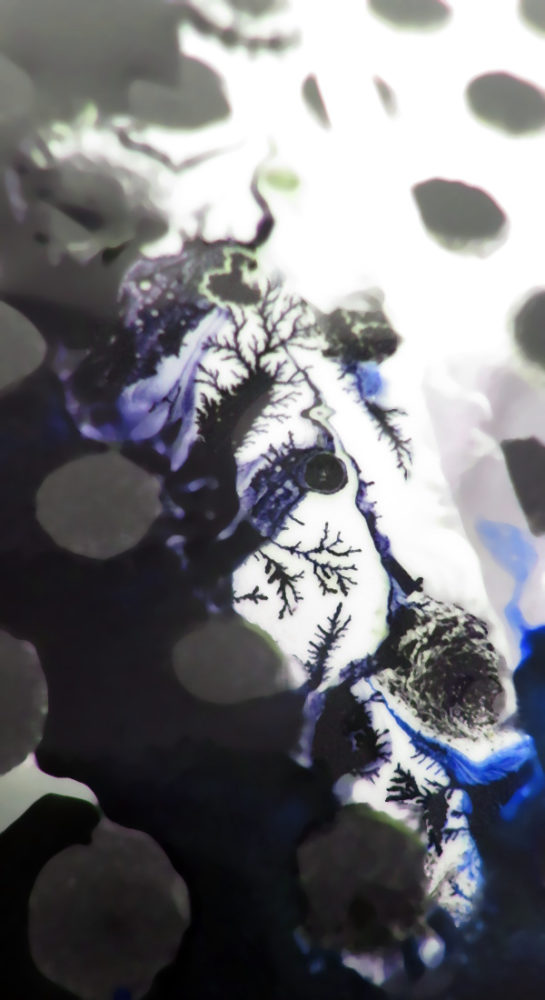Percept, Affect, and Concept
What is preserved -the thing or the work of art- is a bloc of sensations, that is to say, a compound of percepts and affects.
Percepts are no longer perceptions; they are independent of a state of those who experience them. Affects are no longer feelings or affections; they go beyond the strength of those who undergo them.
Sensations, percepts, and affects are beings whose validity lies in themselves and exceeds any lived. They could be said to exist in the absence of man because man, as he is caught in stone, on the canvas, or by words, is himself a compound of percepts and affects.
The work of art is a being of sensation and nothing else: it exists in itself.
|
The artist’s greatest difficulty is to make it stand up on its own.
|
Standing up alone does not mean having a top and a bottom or being upright (for even houses are drunk and askew); it is only the act by which the compound of created sensations is preserved in itself-a monument, but one that may be contained in a few marks or a few lines, like a poem by Emily Dickinson.
|
We may also admire children’s drawings, or rather be moved by them, but they rarely stand up and only resemble Klee or Miró if we do not look at them for long. The paintings of the mad, on the contrary, often hold up, but on condition of being crammed full, with no empty space remaining.
|
We paint, sculpt, compose, and write with sensations. We paint, sculpt, compose, and write sensations.
|
The monument’s action is not memory but fabulation. We write not with childhood memories but through blocs or childhood that are the becoming-child of the present.
|
The percept is the landscape before man, in the absence of man.
|
Affects are precisely these nonhuman becomings of man, just as percepts–including the town–are nonhuman landscapes of nature.
|
Creative fabulation has nothing to do with a memory, however exaggerated, or with a fantasy. In fact, the artist, including- the novelist, goes beyond the perceptual states and affective transitions of thelived. The artist is a seer, a becomer.
|
How can a moment of the world be rendered durable or made to exist by itself? Virginia Woolf provides an answer that is as valid for painting and music as it is for writing: “Saturate every atom,” “eliminate all waste, deadness, superfluity,” everything that adheres to our current and lived perceptions, everything that nourishes the mediocre novelist; and keep only the saturation that gives us the percept. “It must include nonsense, fact, sordidity: but made transparent“; “I want to put practically everything in; yet to saturate.”
|
When Proust seems to be describing jealousy in such minute detail, he is inventing an affect, because he constantly
reverses the order in affections presupposed by opinion, according to which jealousy would be an unhappy consequence of love: for him, on the contrary, jealousy is finality, destination; and if we must love, it is so that we can be jealous, jealousy being the meaning of signs- affect as semiology.
|
It should be said of all art that, in relation to the percepts or visions they give us, artists are presenters of affects, the inventors and creators of affects. They not only create them in their work, they give them to us and make us become with them, they draw us into the compound.
|
A floral history of painting is like the endlessly and continuously resumed creation of the percepts and affects of flowers. Whether through words, colors, sounds, or stone, art is the language of sensations.
Art does not have opinions.
|
Composition, composition is the sole definition of art. Composition is aesthetic, and what is not composed is not a work of art. However, technical composition, the work of the material that often calls on science (mathematics, physics, chemistry, anatomy), is not to be confused with aesthetic composition, which is the work of sensation.
Only the latter fully deserves the name composition, and a work of art is never produced by or for the sake of technique.
|
And the relationship between the two planes, between technical and aesthetic planes of composition, constantly varies historically.
|
If there is progress in art it is because art can live only by creating new percepts and affects as so many detours, returns, dividing lines, changes of level and scale. From this point of view, the distinction between two states of oil painting assumes a completely different, aesthetic and no longer technical aspect-this distinction clearly does not come down to “representational or not,” since no art and no sensation have ever been representational.
|
What defines thought in its three great forms – art, science, and philosophy- is always confronting chaos, laying out a plane, throwing a plane over chaos.
|
Abstract art and conceptual art are two recent attempts to bring art and philosophy together, but they do not substitute the concept for the sensation; rather they create sensations and not concepts.
_from Gilles Deleuze and Félix Guattari, What Is Philosophy?_
The work of art is a being of sensation and nothing else: it exists in itself
Deleuze & Guattari, Percept, Affect, and Concept.
